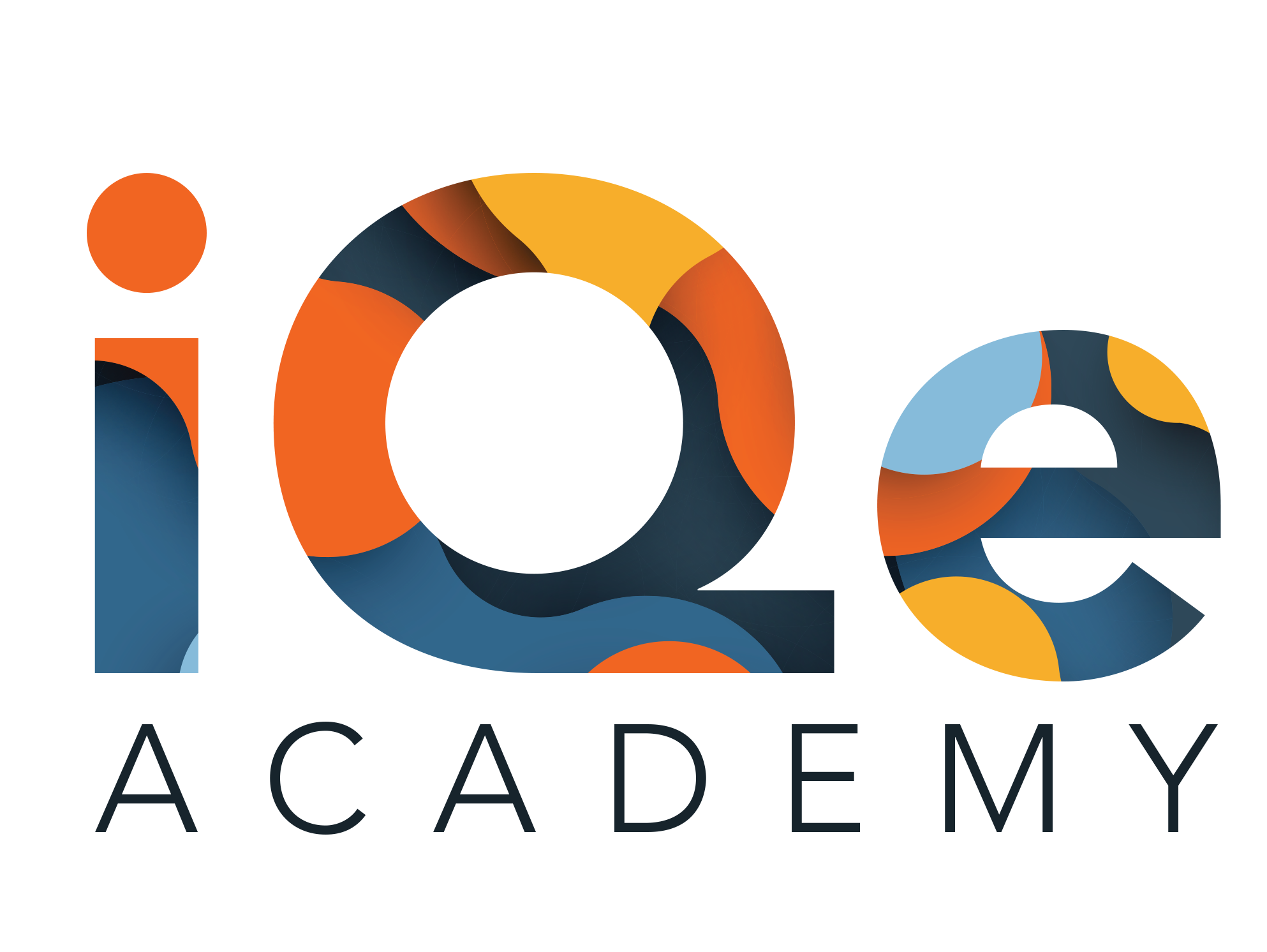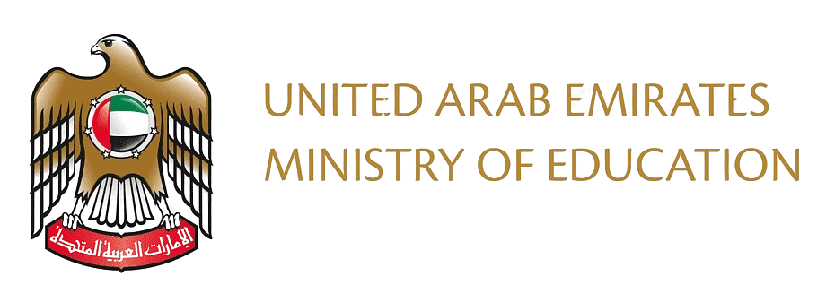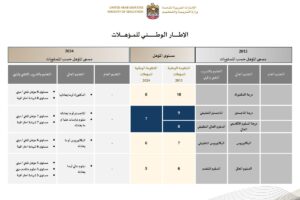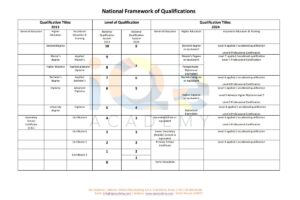The UAE’s Ministry of Education has updated the Qualification Framework Emirate (QF Emirate) as of September 2024. This update in regulation aims to enhance the education sector by promoting lifelong learning, skill development, and flexible pathways for students and professionals alike. This new framework, which replaces the 2013 regulation, offers a structured eight-level model guide to learners from foundational knowledge to high-level expertise and leadership. In this article, we will highlight the goals of the updated QF Emirate and break down each of the eight levels.
Goals of the QF Emirate
The QF Emirate framework aims to achieve several overarching objectives, including:
- Building the UAE’s educational capacity.
- Meeting the evolving needs of the community.
- Facilitating flexible learning pathways and international educational transitions.
- Encouraging lifelong learning while ensuring transparency and accountability.
- Aligning the UAE’s qualifications with international standards.
Breakdown of the Eight Levels in the QF Emirate
Level 0
Knowledge: Learners gain a basic understanding of essential educational concepts and terms.
Skills: They practise absorbing information and completing assigned activities, focusing on the initial learning stages.
Responsibility: The candidate shows an intention and willingness to learn, taking responsibility for understanding basic community and professional values, and establishing a foundation of self-awareness in learning.
Level 1
Knowledge: Individuals are expected to grasp knowledge in a specific subject area while also mastering basic literacy and numeracy skills.
Skills: They apply simple skills to perform routine tasks under supervision, learning to follow structured processes.
Responsibility: This level emphasises teamwork, with individuals demonstrating the ability to collaborate effectively within a set context and understanding their tasks within a work or study environment.
Level 2
Knowledge: Learners deepen their theoretical knowledge and begin to understand specific facts within their field.
Skills: At this level, they develop problem-solving skills, equipping them to address straightforward work challenges.
Responsibility: Autonomy starts to grow as individuals take some independent actions, learning to make basic decisions and work without constant supervision.
Level 3
Knowledge: This level introduces a stronger understanding of workplace language and requirements, enabling broader participation.
Skills: Individuals acquire analytical skills, allowing them to interpret and solve typical work-realted problems, thus preparing them for more complex tasks.
Responsibility: Learners become adept at adapting to both routine and unforeseen challenges. They demonstrate increased independence in decision-making and begin to work cooperatively with colleagues to manage unexpected issues.
Level 4
Knowledge: By this level, candidates have theoretical and practical knowledge, including techniques and analytical approaches specific to their field.
Skills: They are skilled at tackling both usual and unusual problems and demonstrate solid communication skills.
Responsibility: Individuals take responsibility for managing and supervising others, handling both expected and unexpected situations, and fostering a respectful and culturally aware workplace. They are accountable for their own actions and contribute actively to improving team performance.
Level 5
Knowledge: Knowledge at this level becomes more theoretical and requires critical analysis, encouraging learners to engage in reflective thinking.
Skills: Creativity and innovation are emphasised, with individuals encouraged to use these skills in problem-solving and task completion.
Responsibility: Learners are expected to guide and support others in their team, taking on a supervisory role while fostering entrepreneurial thinking and collaboration within the group. They also focus on continuous learning and development, both personally and for their team.
Level 6
Knowledge: At this stage, individuals possess in-depth theoretical knowledge and practical insights, understanding not only what they know but how to critically evaluate and apply it.
Skills: They provide technical support, critically analyse complex problems, and build on prior information to develop improved solutions. Reflection of their work and that of their peers is essential, as they continually seek ways to enhance outcomes.
Responsibility: Managing various professional projects and activities, these individuals take responsibility for decision-making in complex situations. They contribute to others’ lifelong learning and professional growth, embodying leadership and promoting team cohesion and collaboration.
Level 7
Knowledge: Knowledge becomes highly advanced, incorporating strategic and theoretical elements, allowing individuals to improve existing strategies and develop new, adaptable ones.
Skills: They apply advanced cognitive and technical skills, perform evidence-based critical analysis, construct detailed concepts, and enrich their field with new insights.
Responsibility: Individuals manage intricate technical or professional projects and make critical decisions in unexpected situations. They take charge of their team’s professional growth, ensuring an environment that supports continuous learning and skill development.
Level 8
Knowledge: This level encompasses expert knowledge that spans strategic planning, theoretical frameworks, and the baility to apply this knowledge innovatively and flexibly across diverse situations.
Skills: With a high degree of expertise, individuals evaluate current knowledge, continuously expand it, and create knowledge opportunities for themselves and their team.
Responsibility: Level 8 requires full accountability and autonomy. Individuals are leaders in their field, fostering cultural tolerance, promoting community accountability, and setting the tone for a collaborative and inclusive workplace.
The QF Emirate represents a transformative step in education, promoting clear, progressive skill development and lifelong learning across eight streamlined levels. This framework prepares individuals at all stages to thrive in a global workforce, emphasising adaptability, cultural awareness, and accountability. By aligning with international standards, the QF Emirate ensures that UAE graduates are equipped to lead, innovate, and meet the evolving demands of today’s world.

Writer
Translated By: Dr Hamsa Al Obaidi
Cabinet Resolution No. (106) of 2024 Regarding the adoption of the National Qualifications Framework






